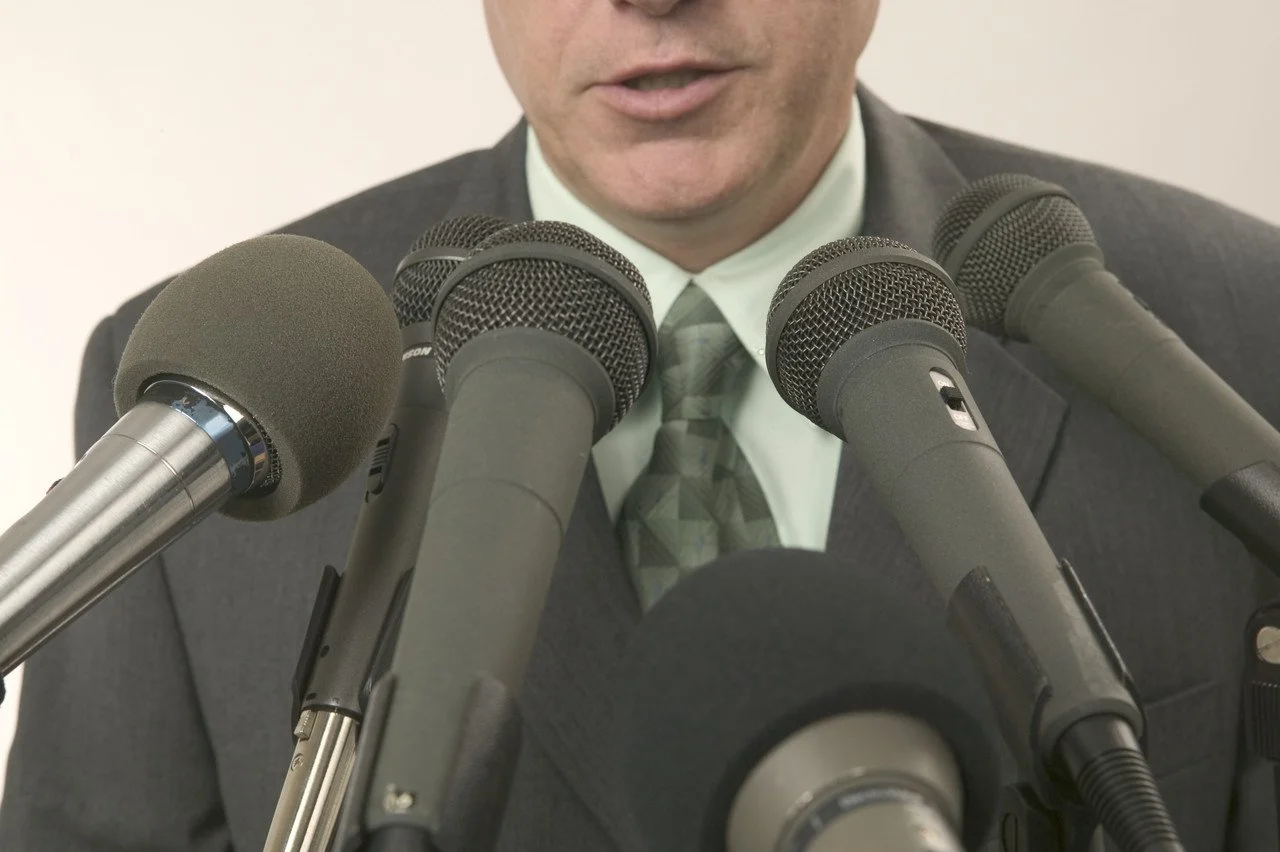☆ Opinions: No more silence—let's acknowledge how “abnormal” critical DEI is (6/6)
There are no physical differences between biological men and women. We need more “minorities” in colleges—unless they're Asian. When it comes to far-left DEI dogma in the Bay Area, the list only goes on. And viewpoint diversity advocates Dr. Tabia Lee and Kenny Xu think it's time we speak more freely—and honestly—about the ridiculousness. An Opp Now exclusive.
Opportunity Now: Many folks are employed in DEI jobs and are very committed. How can we build a new consensus that will include them?
Kenny Xu: There are many goodhearted people recruited for DEI who could have been recruited to be coalition builders for their county sports team, or their community association, or the YMCA, or their religious association. They're not bad people. They just need better goals.
It's the responsibility of intellectuals in the academy to give them direction in the way of those better goals. Unfortunately, education has failed them in that regard by steering them towards an unpopular DEI ideology that strives toward nothing. At least, nothing important—several weeks ago, it was found that some North Carolina DEI administrators were responsible for paid propaganda for critical social justice. Nothing else. I doubt they envisioned that kind of a career when they were in high school.
But somehow they got roped into it; and eventually you become complicit in it, as Dr. Lee said, and an actor in it. So my advice for these people is to make a U-turn—use the skills they've developed over the years and pursue a better goal.
ON: Prepare the person for the road, not the road for the person, right?
KX: If you're sympathetic to or involved in the critical social justice movement, and see it collapsing around you, it's time to find something with a better foundation. That's how you can truly change your community.
Tabia Lee: Agreed. I understand being committed to a job that you have or even have been promised due to your loyalty to a particular ideology. But, as Mr. Xu said, it's time for these people to think about their lasting contribution to our society, to our world. Is it really important for us to put all of our focus on constructs like racialization—instead of seeking to understand and accept (not just tolerate) each other?
ON: A rare concept in Silicon Valley, we surmise.
TL: There are so many more things that we can do once we give up this mission to divide, to box in, to try to understand someone just by looking at them or what groups they affiliate with. For instance, getting to know our neighbors. Embracing our human agency. Being positive actors in our communities.
These are noble pursuits. And we can reach them when we stop prioritizing the wheel of privilege and oppression and, you know, whether I'm a victim or I'm an oppressor, or who's the newest minoritized group of the day.
ON: How can we help our critical DEI-entrenched friends begin to shift their focus, see that there might be another way?
TL: Part of it involves acknowledging how abnormal this all is. For instance, demanding that people declare their pronouns is something we see and experience regularly in local society. But this is not a normal practice not to mention, it’s antithetical to human existence and expression. It's destructive, intentionally divisive.
ON: We're reminded of an excellent quote from City Journal contributing editor Theodore Dalrymple, which we share here:
“In my study of communist societies, I came to the conclusion that the purpose of communist propaganda was not to persuade or convince, not to inform, but to humiliate; and therefore, the less it corresponded to reality the better. When people are forced to remain silent when they are being told the most obvious lies, or even worse when they are forced to repeat the lies themselves, they lose once and for all their sense of probity. To assent to obvious lies is in some small way to become evil oneself. One's standing to resist anything is thus eroded, and even destroyed. ... I think if you examine political correctness, it has the same effect and is intended to.”
TL: Furthermore, instead of framing the conversation as anti-DEI, we should say we're returning back to American principles and values. We need to know what our founding documents say, what the aspirations of this great experiment are—and then we can begin to make goals to guide us toward that great beacon of light that America is, and always will be, if we allow it to be. It's not about minimizing the past. It's about how we move forward from it.
I also think there's value in pushback from the federal government, so colleges and their administrators go, “Oh, there might be consequences outside of our bubble. We might lose some funding if we keep promoting antisemitism and racism on our campus.” A pump on the brakes, you might say.
Yes, it's a shame for these DEI folks whose jobs are disappearing. But it's great that institutions can refocus on things that really matter—their institutional goals, their original missions.
Follow Opportunity Now on Twitter @svopportunity
We prize letters from our thoughtful readers. Typed on a Smith Corona. Written in longhand on fine stationery. Scribbled on a napkin. Hey, even composed on email. Feel free to send your comments to us at opportunitynowsv@gmail.com or (snail mail) 1590 Calaveras Ave., SJ, CA 95126. Remember to be thoughtful and polite. We will post letters on an irregular basis on the main Opp Now site.

